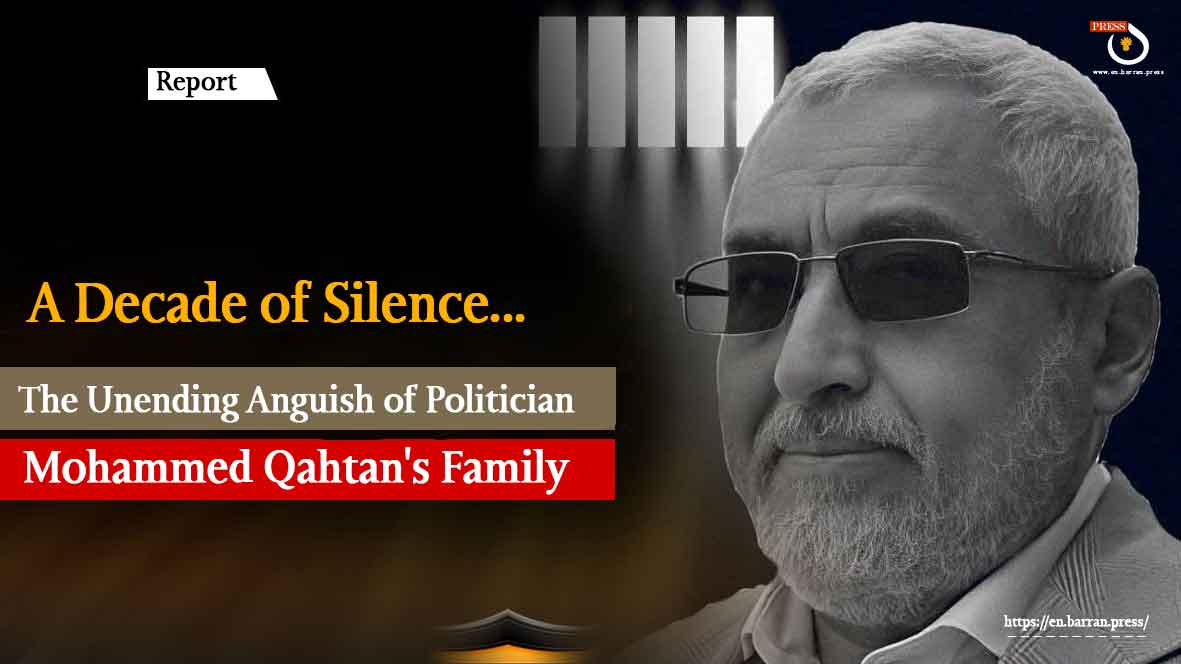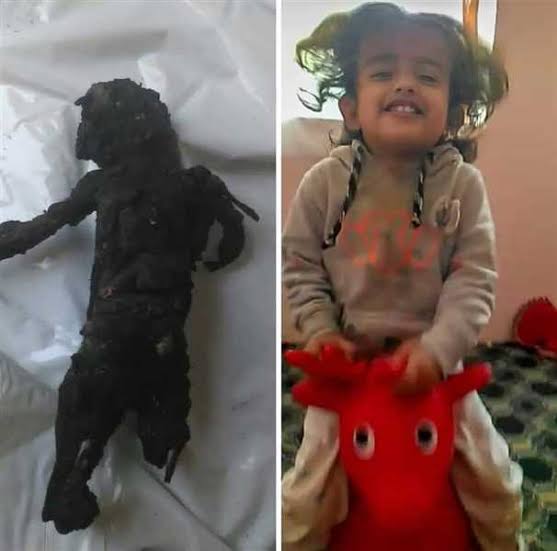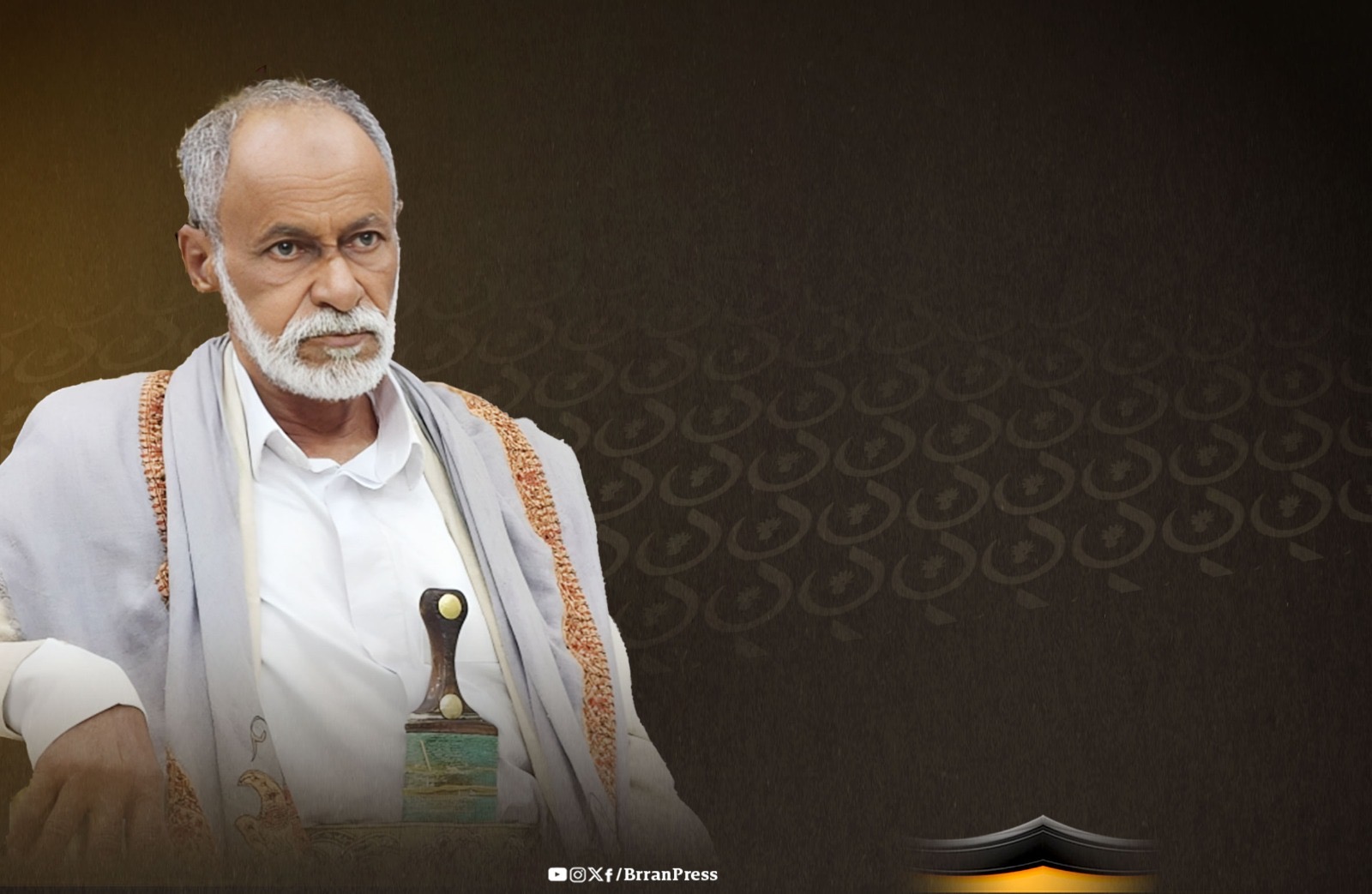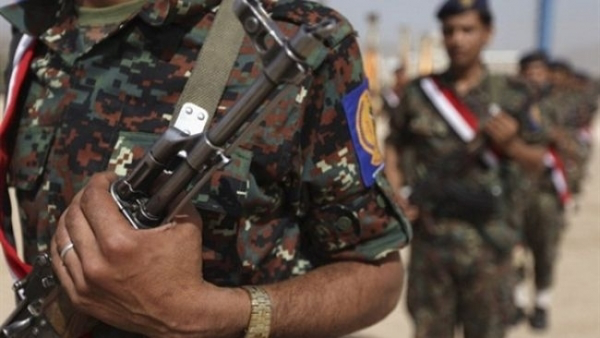
Barran Press - Amat Alghafour Al-Suraihi
Ten years have elapsed since Mohammed Qahtan, a towering figure in Yemeni politics, vanished into the hands of the Iran-backed Houthi group. Abducted from his Sana’a home on April 4, 2015, the senior Islah Party leader’s fate remains a haunting mystery despite relentless appeals from local and international human rights groups. For his family, this decade has been an unrelenting crucible of grief, intensified by the Houthis’ refusal to allow any contact and fueled by sporadic, conflicting whispers about his condition.
Eid’s Bitter Echoes
Once a season of celebration, Eid now casts a shadow over the Qahtan household. “Our joy is never whole,” his wife confided to Barran Press. “Still, I try to keep Eid alive for the children, as if he’s still here.” Their daughter Fatima added, “Mom fills both roles, but Eid without Dad is agony. I can’t celebrate knowing he’s gone.” Zaid, their son, agreed: “Eid is for families to unite. For ten years, ours has been fractured. We ache to share it with him, just as our kids delight in us.”
A Void Without Answers
“No one’s heard his voice,” Zaid said. “There’s no solid word—just fleeting hope dashed back to nothing.” He suspects his father’s prominence makes him a political pawn for the Houthis, who’ve branded themselves a terrorist entity on the global stage. “We’ve pleaded his case as a humanitarian crisis, but they dodge accountability with endless excuses.” Zaid stressed Qahtan’s innocence: “He was no soldier—unarmed, taken from home, silenced for his words.”
A Daughter’s Cry Buthaina, the youngest of Qahtan’s nine children, poured her anguish into a social media plea: “Ten years feel like forever. We wait for any sign you’re alive, any chance you’ll return. How can our hearts endure without your voice? How can joy survive without your presence?” Her words mirror a family tethered to fading hope.
A Stolen Childhood
Imtinan, Qahtan’s eldest granddaughter, told Barran Press her life feels “wounded” since his loss. “I’m grown now, but still incomplete. I needed you at every turn.”
Fatima decried the inertia of the internationally recognized Yemeni government and bodies like the United Nations. “Their silence abets this crime. It’s time to stop shielding the Houthis’ atrocities.”
Who Was Mohammed Qahtan? Born in 1958 in Taiz Governorate, Qahtan fathered nine children and co-founded the Yemeni Congregation for Reform (Islah) in 1990. A key voice in the party’s Supreme Authority, he shaped the Joint Meeting Parties coalition, serving as its spokesperson until 2011. During Yemen’s National Dialogue Conference, he influenced its Preparatory, Presidency, and Reconciliation Committees. He is renowned for opposing authoritarianism and his early warnings regarding the Houthis’ growing military power. On April 4, 2015, after house arrest, he was seized from his Sana’a home by the Iran-backed Houthis. UN Resolution 2216 demanded his release—alongside three others later freed—but he remains lost. In 2016, Amnesty International flagged his risk of torture. Human rights advocates label his disappearance a war crime, urging accountability.





